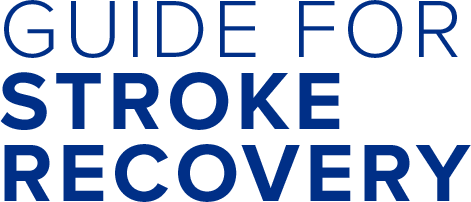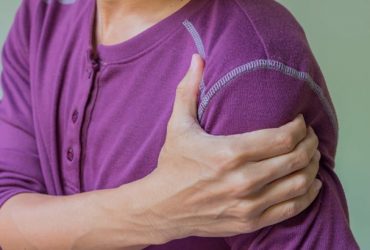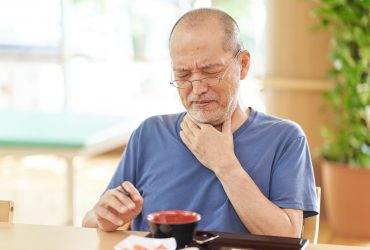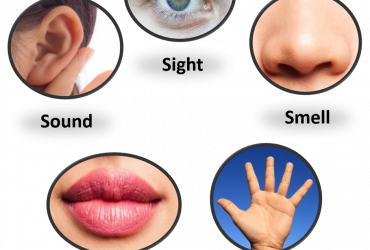Managing the effects of stroke will help you become comfortable in you daily life and be as healthy and active as possible. People who have had a stroke and their caregivers identified the topics below as most important when resuming life after stroke.
You may want to consider participating in the Living with Stroke Program. It is an 8-week facilitator-led program that will help you manage the challenges of life after experiencing a stroke. Meet other people going through a similar journey and gain the knowledge, skills, confidence and friendships to support you in your journey to recovery and wellbeing.









